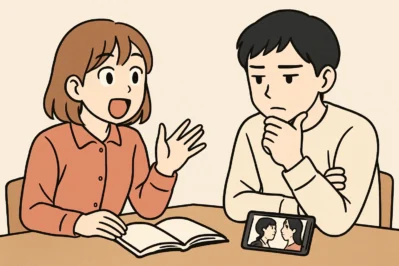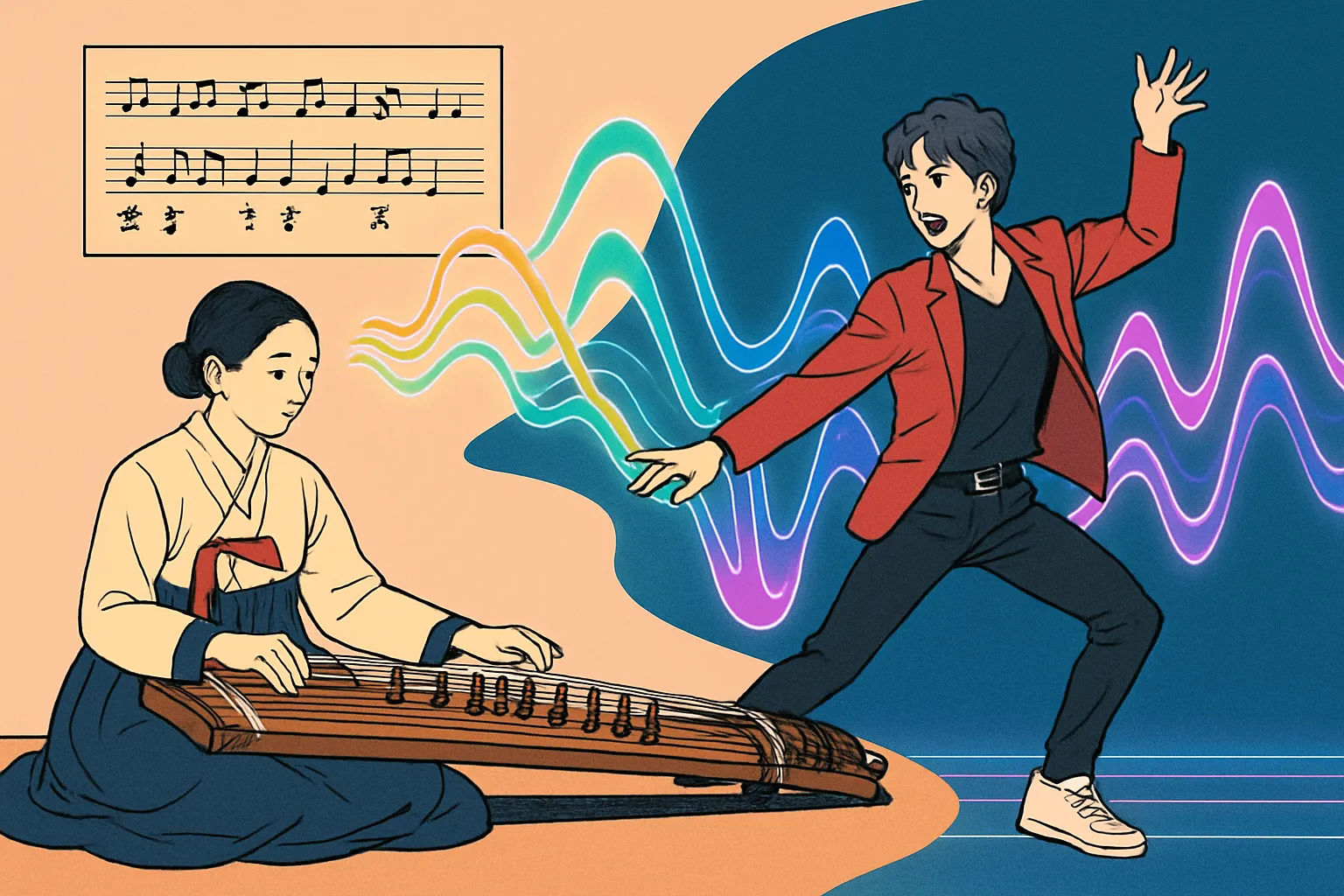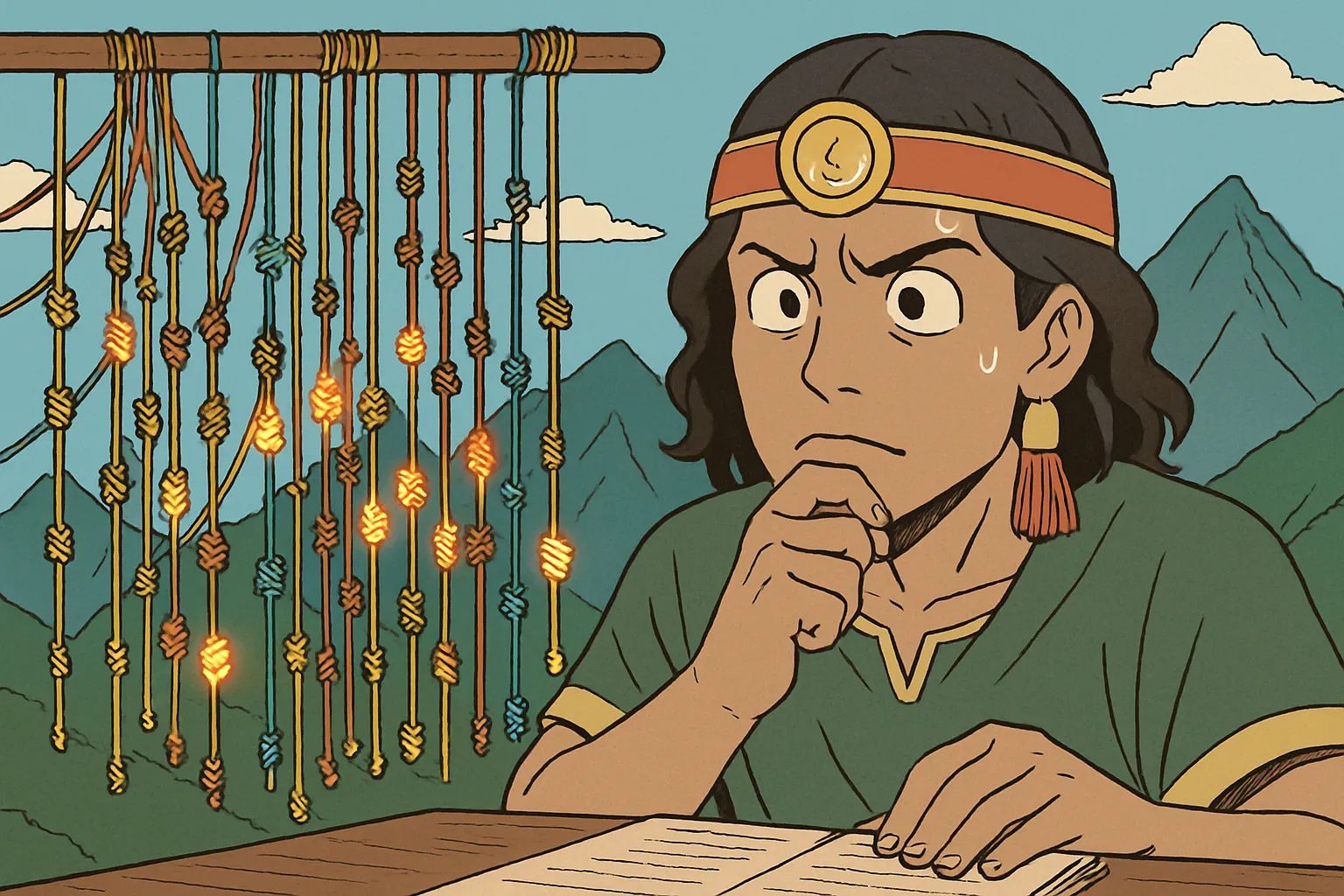Spoilers Ahead! How to Debate Book Endings in Korean
Hello, everyone! Welcome to Daily Hangul, your go-to blog for upgrading your Korean skills!
Have you ever finished a book or a K-drama and desperately needed to talk about that shocking ending with someone? You’re in luck! Today, we’re going to learn how to express your thoughts and feelings about a story’s conclusion in natural, fluent Korean.
Lately in Korea, there’s a huge trend of popular webtoons and web novels being adapted into K-dramas. This often leads to heated (but fun!) online debates when the drama’s ending is different from the original story. So, learning today’s phrases will not only help you in your book club but also let you join these exciting conversations online! Let’s dive in!
Key Expressions You Need to Know
Here are some essential phrases to help you share your opinion on any story’s ending.
1. 스포일러 (Spoiler)
- Pronunciation: [seu-po-il-leo]
- English Meaning: Spoiler
- Detailed Description: This is a direct loanword from English, so it’s super easy to remember! Koreans use it exactly like you would in English. Before you talk about a key plot point or the ending, it’s polite to give a warning by saying “스포일러 주의!” ([seu-po-il-leo ju-ui] / Spoiler alert!).
2. 결말이 아쉬워요 (The ending was disappointing)
- Pronunciation: [gyeol-mal-i a-swi-wo-yo]
- English Meaning: The ending was a bit disappointing / It left something to be desired.
- Detailed Description: 결말 (gyeolmal) means “ending,” and 아쉬워요 (aswiwoyo) comes from the verb 아쉽다 (aswipda). It’s a fantastic word that expresses a mix of sadness, regret, and disappointment, but in a soft, polite way. It doesn’t mean the ending was terrible, just that you wished it could have been better. It’s a perfect, nuanced phrase to use with friends.
3. 예상 밖이었어요 (It was unexpected)
- Pronunciation: [ye-sang bak-ki-eo-sseo-yo]
- English Meaning: It was unexpected / It was beyond my expectations.
- Detailed Description: 예상 (yesang) means “expectation” or “prediction,” and 밖 (bakk) means “outside.” So, literally, it was “outside of my expectation.” You can use this for both positive and negative surprises. If the twist was mind-blowing in a good way, you can say this with an excited tone!
4. 여운이 남아요 (It leaves a lingering feeling)
- Pronunciation: [yeo-un-i nam-a-yo]
- English Meaning: It leaves a lingering impression / It resonates with me.
- Detailed Description: This is a beautiful, very Korean expression! 여운 (yeoun) refers to the lingering scent, sound, or feeling that remains after something is over. When a book or movie ending makes you thoughtful and you can’t stop thinking about it, you can say 여운이 남아요. It implies a deep, meaningful impact.
Example Dialogue
Let’s see how these expressions work in a real conversation. Imagine two friends, Minjun and Sora, talking about a popular new drama based on a webtoon.
A (Minjun): 소라야, 너 어제 새로 나온 드라마 마지막 회 봤어?
Soraya, did you watch the final episode of that new drama yesterday?
B (Sora): 응, 봤지! 근데 스포일러가 될 수 있는데… 나는 좀 결말이 아쉬웠어. 원작이랑 너무 다르더라.
Yeah, I did! But, spoiler alert… for me, the ending was a bit disappointing. It was so different from the original webtoon.
A (Minjun): 정말? 나는 완전 예상 밖이었어서 좋았는데! 마지막 장면은 계속 여운이 남는 것 같아.
Really? I liked it because it was so unexpected! I feel like the last scene really leaves a lingering feeling.
B (Sora): 그런가? 하긴, 그 부분은 나도 계속 생각나긴 해.
You think so? Well, I do keep thinking about that part too.
Culture Tip & Trend Deep Dive
As we mentioned, webtoon and web novel adaptations are huge in Korea right now. Works like True Beauty, All of Us Are Dead, and Marry My Husband all started as webtoons before becoming global K-drama hits.
Here’s the interesting part: creators often change the plot or the ending for the drama version. This creates a massive buzz! Fans of the original webtoon flock to online communities like Naver Talk or theqoo to debate the changes. You’ll see thousands of comments saying things like:
- “원작 결말이 더 좋아요!” (wonjak gyeolmari deo joayo!) – “I like the original ending better!”
- “드라마 결말도 여운이 남네요.” (deurama gyeolmaldo yeouni namneyo.) – “The drama’s ending also leaves a lingering feeling.”
So, if you want to sound like a true K-drama insider, using these phrases while discussing the differences between the original and the adaptation will definitely make you sound like a native!
Let’s Wrap It Up & Practice!
Great job, everyone! Today we learned how to talk about the ending of a story using four very useful expressions: 스포일러, 결말이 아쉬워요, 예상 밖이었어요, and 여운이 남아요. Now you’re ready to join any book club or K-drama discussion!
Practice Time!
Think about the last book you read or drama you watched. How would you describe its ending using one of today’s phrases?
Fill in the blank:
The ending of [Book/Drama Title] was [Today's Expression]
Example: The ending of Squid Game was 예상 밖이었어요.
Leave your sentence in the comments below! We’d love to see how you use these new expressions. Keep up the amazing work, and see you next time at Daily Hangul






